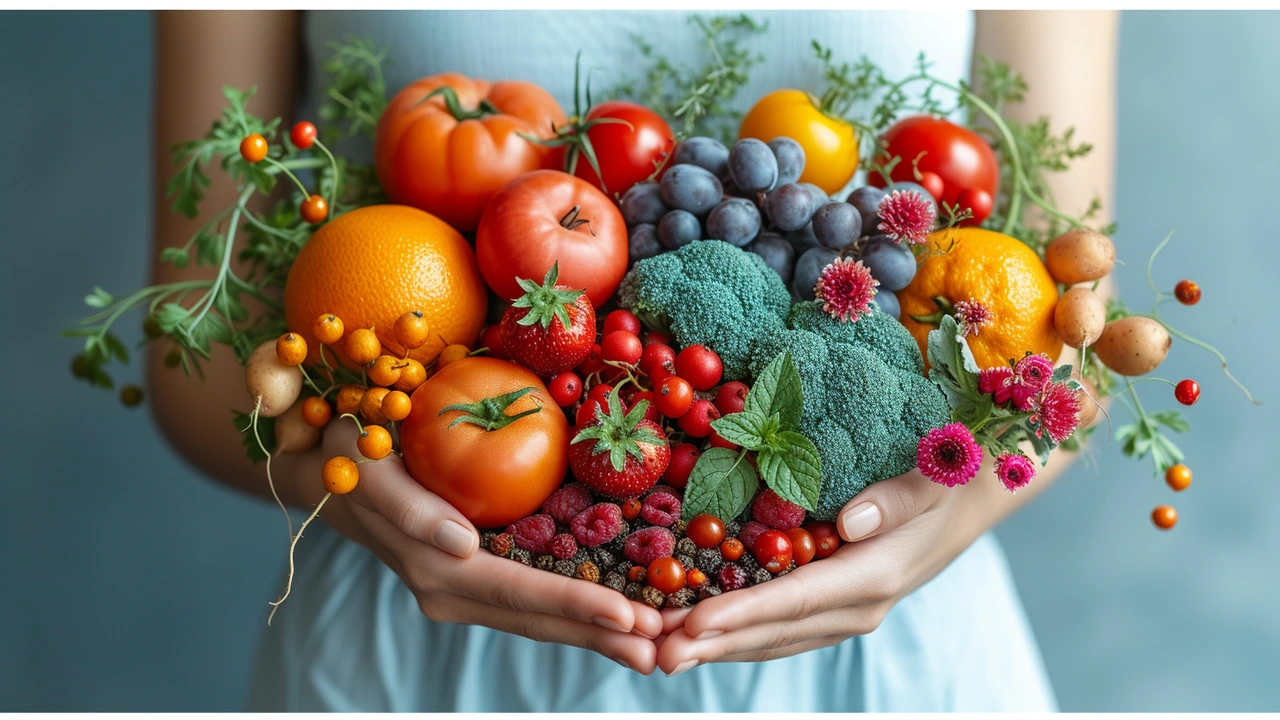Unlocking the Gut-Brain Connection
Your home may be your castle and your body, the temple, but let me introduce you to a twist in the story. Just like the hidden chamber in a king's palace or the unknown secret under the basement, there's a unique and somewhat remarkable ecosystem quietly working behind the scenes in our very own bodies - The Gut. This isn't just about digestion anymore. Recent studies have suggested that our gut, with its multitude of tiny inhabitants, might have an immense influence on our mood and mental health. Intriguing, isn't it? Get ready for one extraordinary journey through the corridors of your body. You might find it equally as captivating as our fascination with the wonders of space exploration. But instead of galaxies, we're traipsing down the human intestines.
The Marvelous World Within: Understanding the Gut Microbiota
In our bodies, starts an unseen neighborhood thriving with various species of bacteria, viruses, and fungi, collectively known as the human microbiota. In the bustling cityscape of your gut live nearly 100 trillion of these microbes, dominating over human cells at a ratio of 10:1. You're more bug than human, if you think about it. These microbes have many roles, like helping us digest food that we cannot, training our immune system, and manufacturing vitamins for us - B and K, anyone?
Interestingly, these microscopic tenants of ours are highly assorted, unique to every person, almost like a microbial fingerprint. Two-thirds of the gut microbiota is exclusive to you, influenced by your diet, lifestyle, and even things like how you were born. They say variety is the spice of life, and that seems to hold quite true in the gut's metropolis!
Remember that fancy, five-course dinner you had last week? The gourmet cheese and the finest wine? Every choice you make has an impact on this internal universe. Diet is one of the biggest influencers of gut microbiota diversity. Diverse gut bugs are usually associated with relatively better health. The Western-style diet (think processed food, high in fat and sugars), not so surprisingly, is linked to a less diverse microbiota, often associated with obesity, inflammation and diseases.
More Than Just Digestion: The Gut-Brain Axis
The microbes brewing within us aren't working in a silo; they're in constant communication with the brain, shaping our emotions and influencing our thoughts. This gut-brain axis, as it's called, is a new frontier scientists are exploring. They've discovered that our brain and gut chat up a storm, mainly via the vagus nerve. Essentially, as we are discovering, the brain isn't the solitary commander. The gut has an equal say – and not just what for breakfast!
The biggest proof of this is when you feel butterflies in your stomach when you're nervous. That's not magic, but the gut reacting to the brain's stress signals. Enough of the gut talk for now, here's a funny tidbit to break the excessive seriousness. Do you know when someone calls you a 'gutless wonder'? Well, if researchers are right, you might just be missing out on some seriously empathetic microbes, buddy!
Depression and anxiety, the rising ailments of our time, might have a microbial connection, too. Studies have shown altered gut microbiota in people with these conditions. Certain gut microbes produce neuroactive substances that influence neurotransmission – the mode of communication between nerves. They can synthesize a majority of our body's serotonin – the 'happy chemical'. So, if you're feeling cheerful, thank your gut bugs!
Boosting Your Mood and Gut Health
Now that you're aware of this surprising connection, you might want to take steps towards creating a better gut environment. Improving gut health could potentially mean enhancing your mood and mental health. You've probably heard of probiotics; they are specific strains of beneficial bacteria. Having fermented foods like yogurt, kimchi, and kombucha can supply your gut with these helpful microbes.
Eating a balanced diet, rich in fiber, also promotes a diverse microbiota. Fiber acts as 'food' for these beneficial bacteria, encouraging their growth. Consume a variety of fruits, vegetables, whole grains, and legumes to nourish your gut. Anecdote alert here – I remember how my mood dramatically improved when I started incorporating more fiber in my diet. Trust me, this is not some silly cliché. It's science; it’s fascinating!
Last but not least, focus on maintaining a healthy lifestyle. Regular exercise, adequate sleep, stress management, and moderate alcohol intake can all contribute to a thriving gut ecosystem. As the ancient Greek physician Hippocrates famously said, "All disease begins in the gut." And if the gut-brain connection research continues to substantiate these findings, then perhaps, all good health (and good mood!) begins there, too.
Understanding the remarkable gut-brain axis is only the tip of the iceberg. We have so much more to uncover about our mysterious residents and their significant roles. The next time you're feeling low or anxious, remember those trillions of microbes living inside you. You're never truly alone. So, as you navigate through your journey of understanding this fantastic ecosystem, keep in mind to keep your gut and brain happy. They might just throw a little party for you, with serotonin as the guest of honor!

Comments